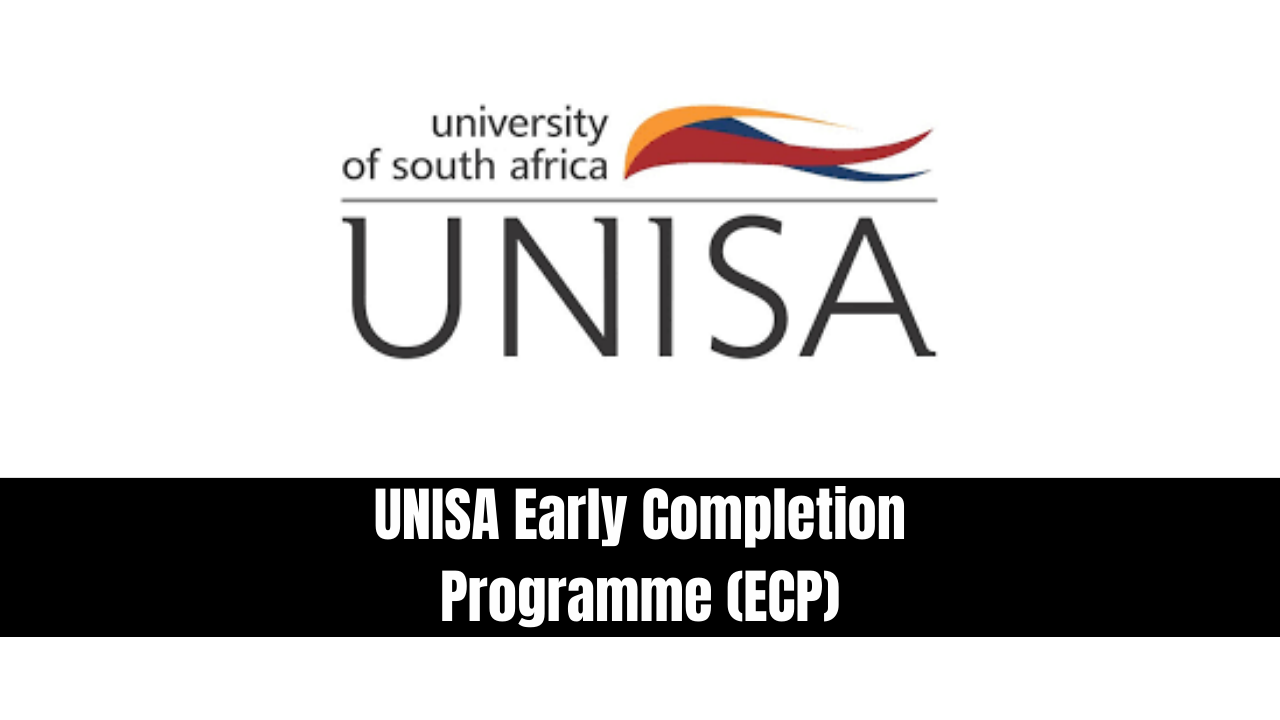How many Modules are There in UNISA Bachelor of Education? When pursuing a Bachelor of Education (BEd) at the University of South Africa (UNISA), it’s essential to understand the structure and requirements of the program. This article provides a comprehensive overview of the module distribution across different levels of the BEd curriculum.
How many Modules are There in UNISA Bachelor of Education?
The Bachelor of Education degree at UNISA is designed to equip future educators with the necessary skills and knowledge to excel in the teaching profession. The curriculum is structured to ensure that students gain a well-rounded education in both theoretical and practical aspects of teaching.
Module Structure
The BEd program is divided into several levels, each with a specific number of modules. The curriculum is spread over four levels, with each level comprising a set number of modules. Here’s a breakdown of the module distribution:
- Total Modules: The entire Bachelor of Education degree consists of 40 modules.
- Modules per Level: Each level of the program includes 10 modules. This ensures a balanced and comprehensive approach to learning, covering various aspects of education.
Detailed Breakdown by Level
Level 1
The first level of the BEd program introduces students to foundational concepts in education. At this level, students are expected to complete 10 modules that lay the groundwork for advanced studies.
Level 2
In the second level, students delve deeper into educational theories and practices. The curriculum at this stage continues with another set of 10 modules, building on the knowledge gained in Level 1.
Level 3
The third level of the program focuses on more specialized areas of education, including advanced pedagogical methods and subject-specific content. Students are required to complete an additional 10 modules, which further enhance their expertise and readiness for teaching.
Level 4
The final level of the Bachelor of Education program culminates in a comprehensive set of 10 modules that prepare students for their professional teaching careers. This level often includes practical components, such as teaching practice or research projects, to ensure that graduates are well-prepared for the classroom environment.
Conclusion
The UNISA Bachelor of Education program is meticulously structured to provide students with a thorough and balanced education in teaching. With a total of 40 modules distributed across four levels, each encompassing 10 modules, students can expect a rigorous and enriching academic experience. This structured approach ensures that graduates are equipped with the knowledge and skills necessary to succeed in the field of education.






